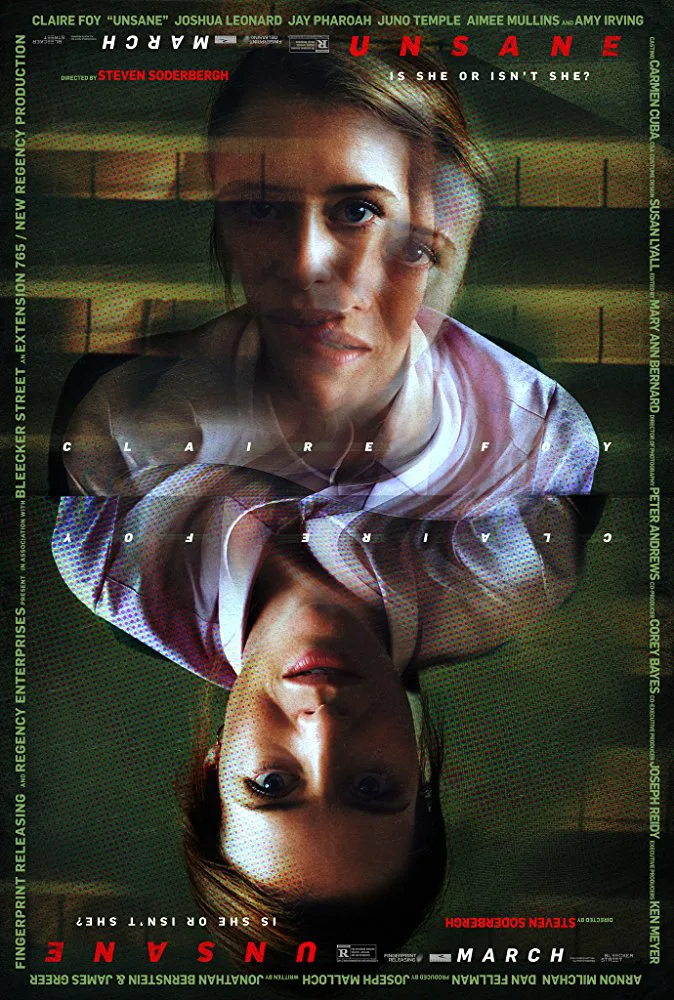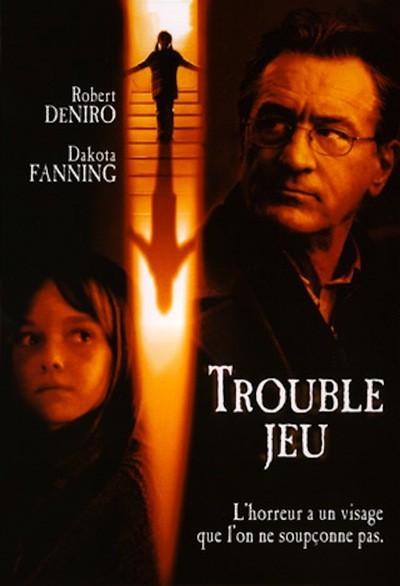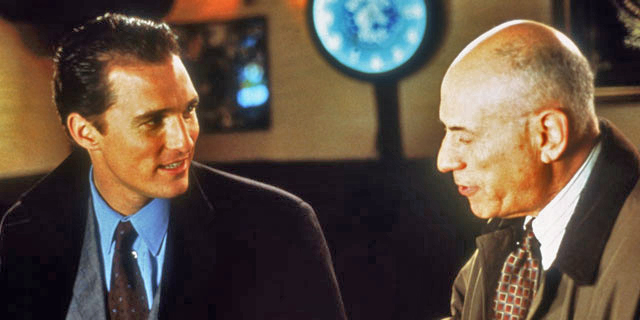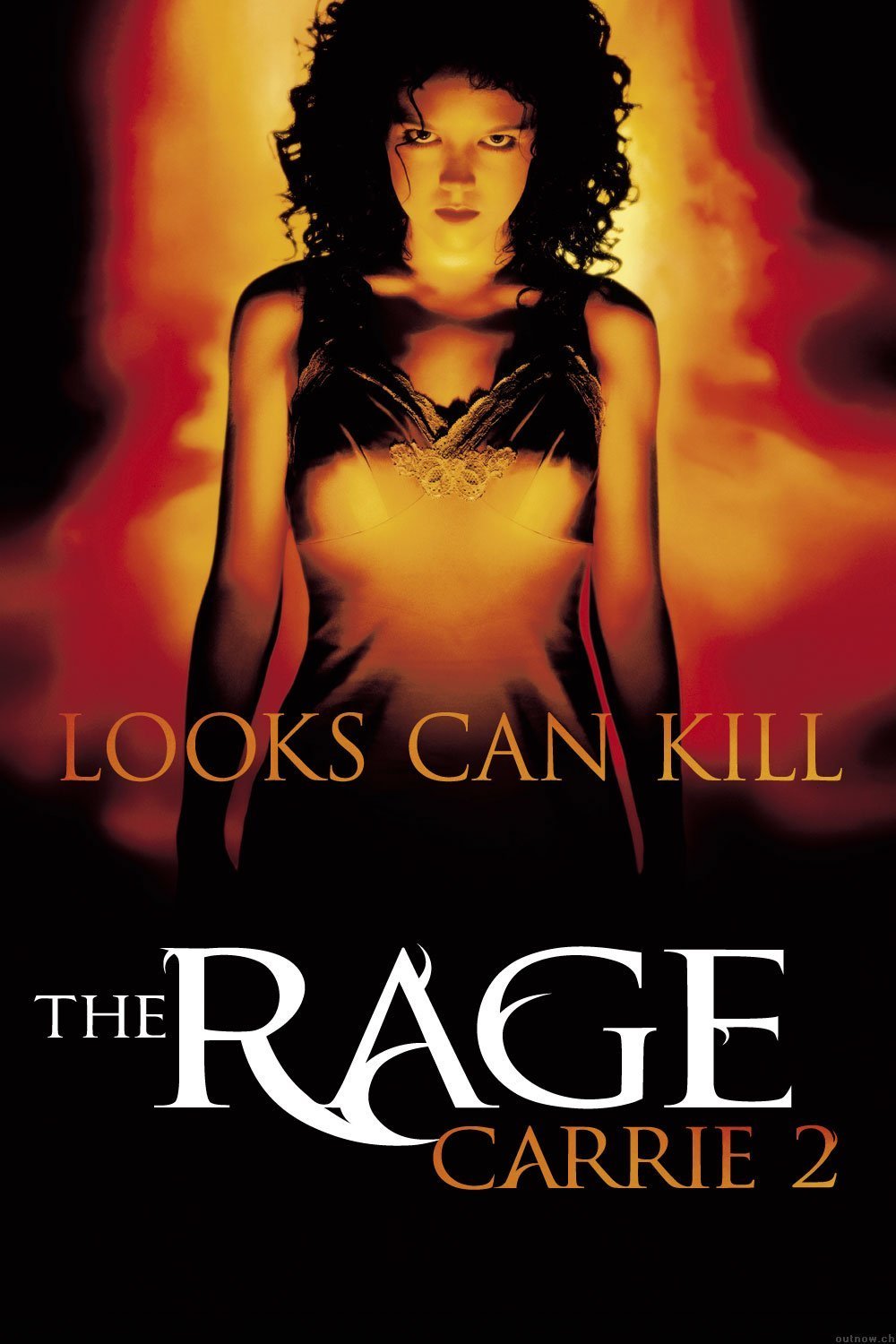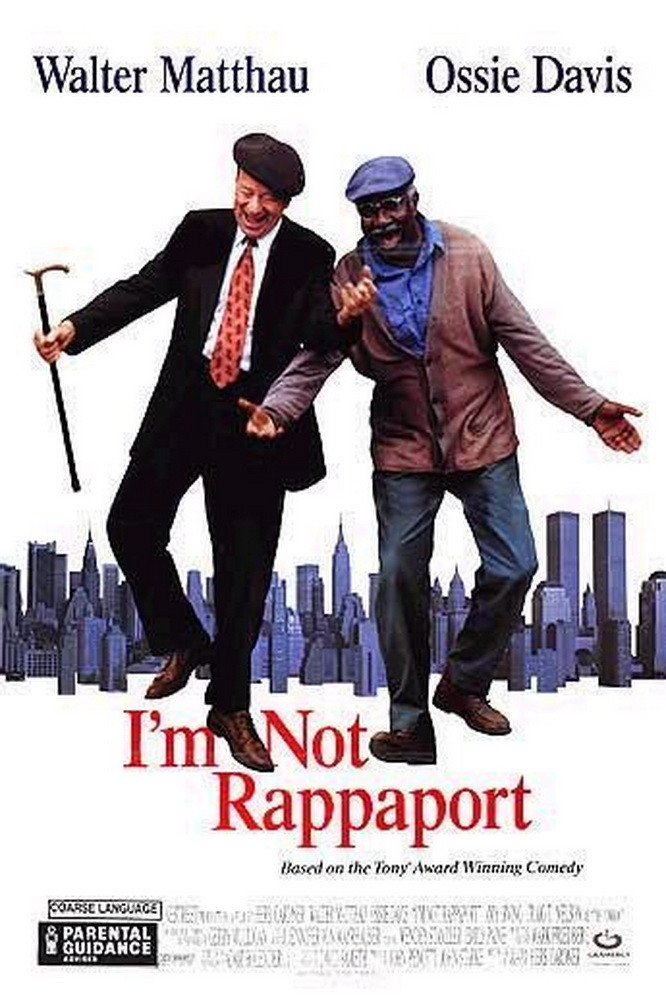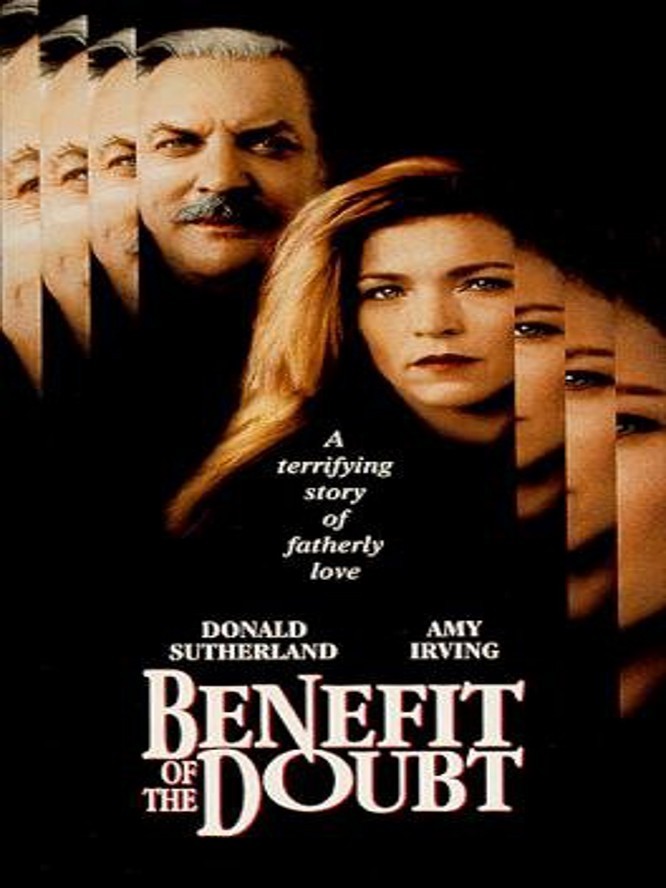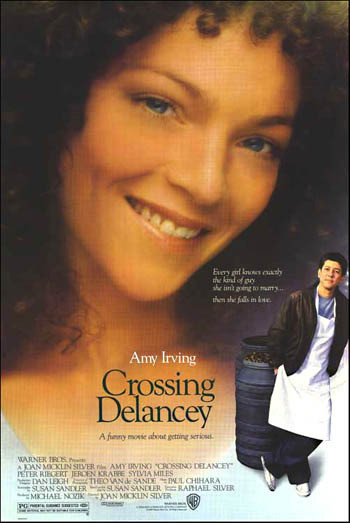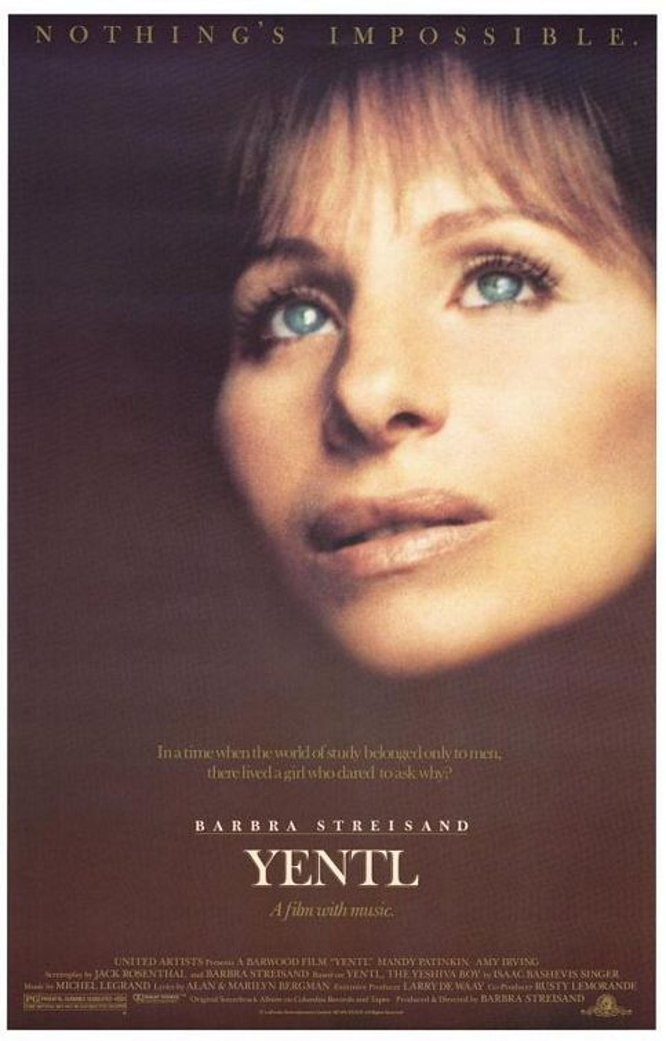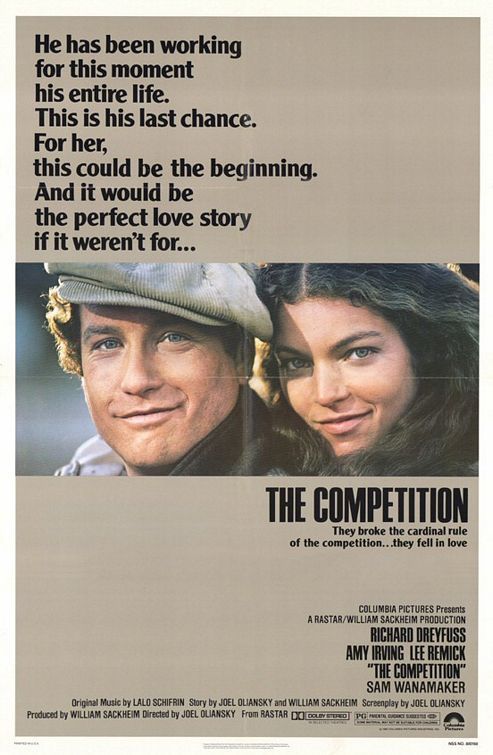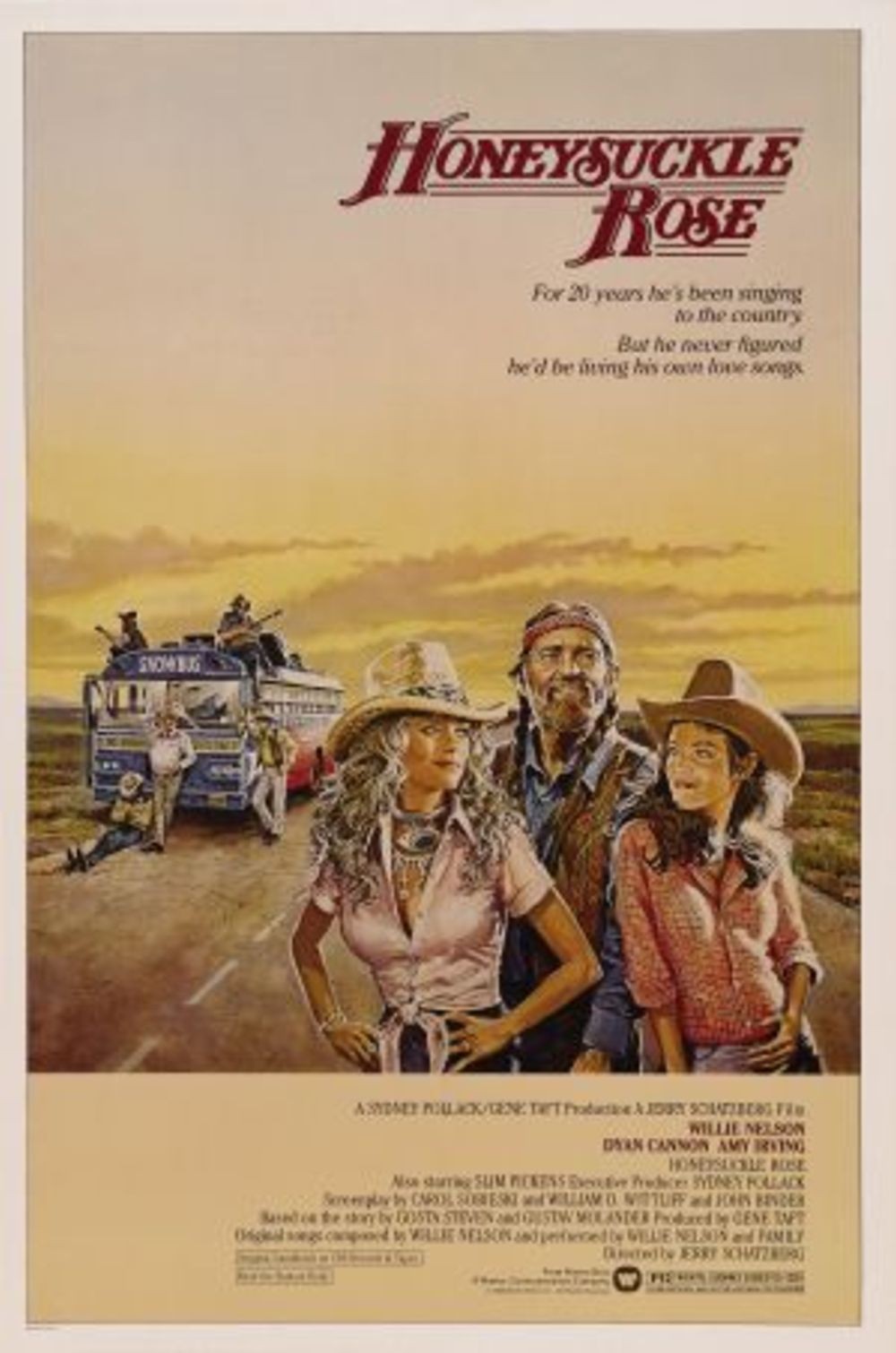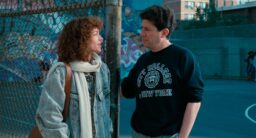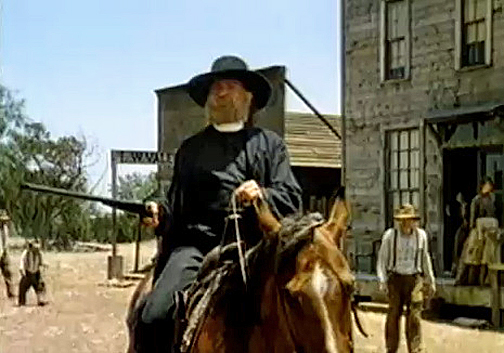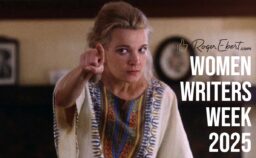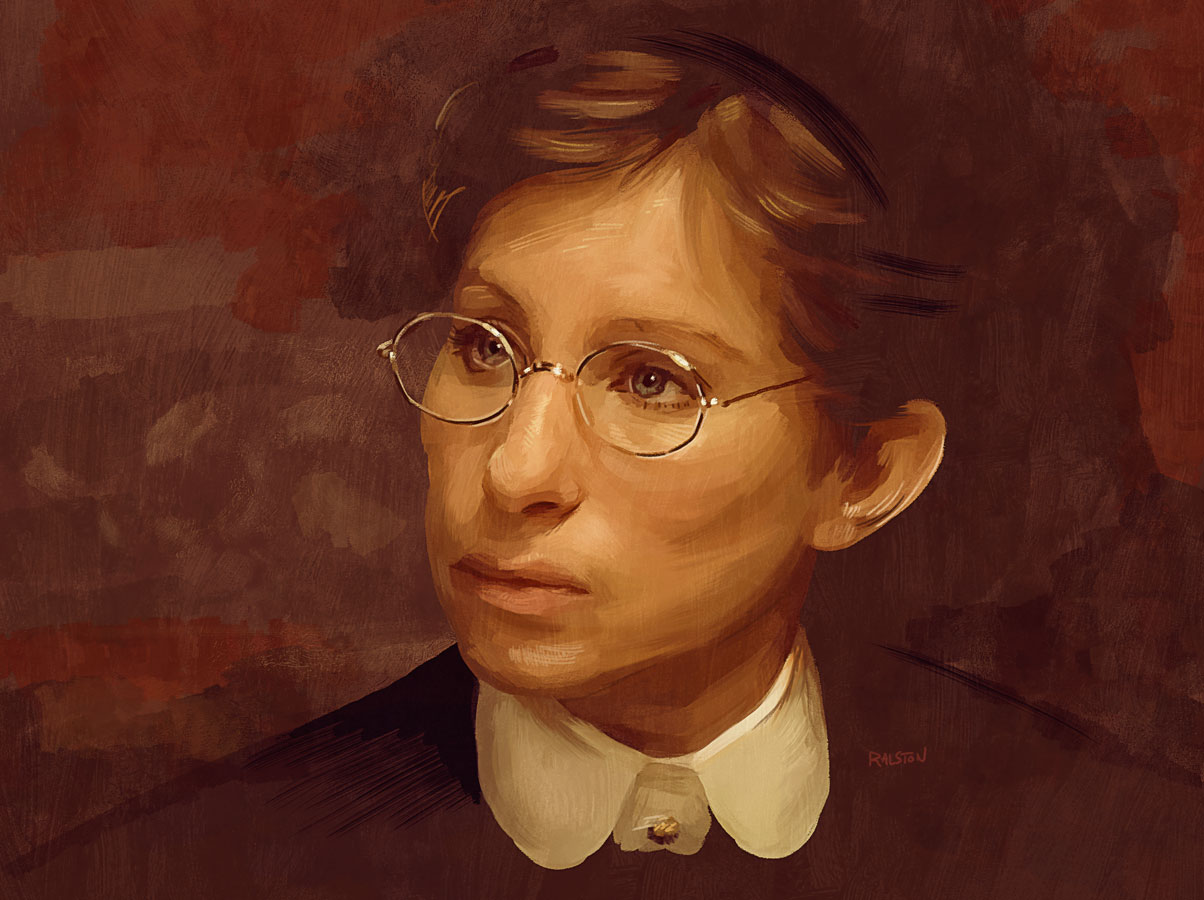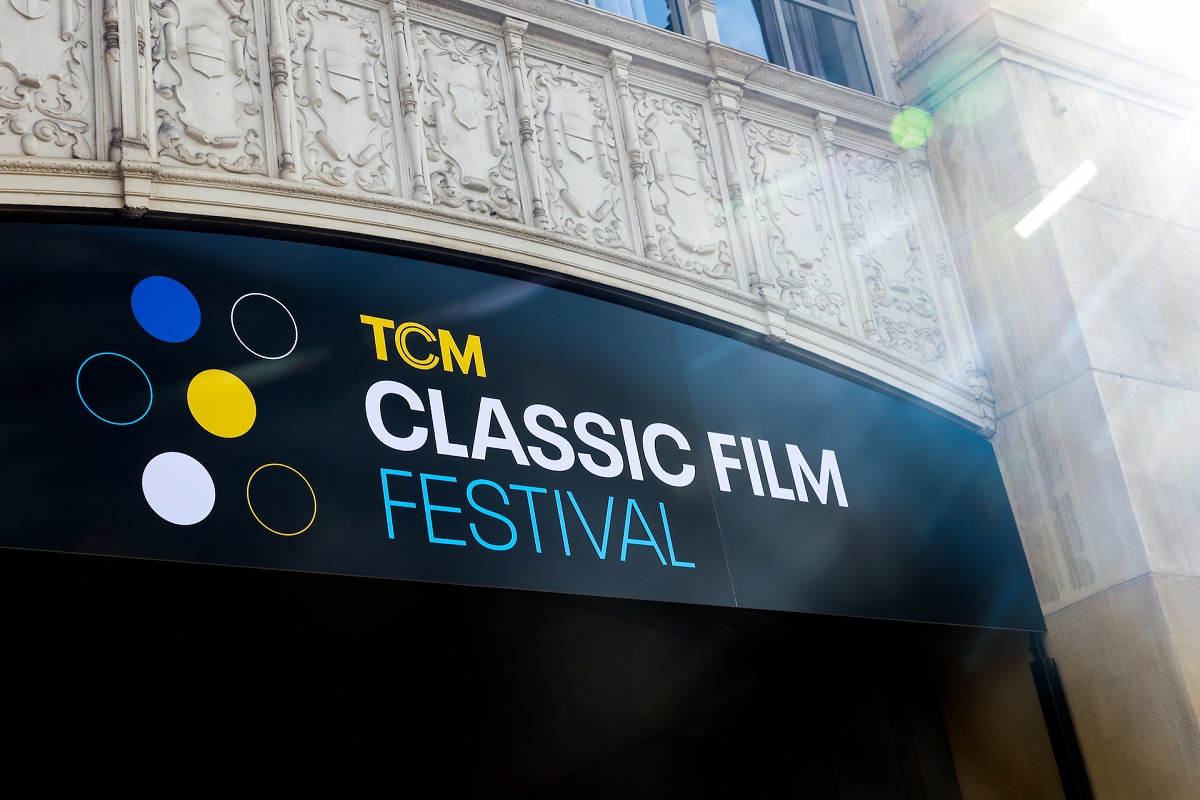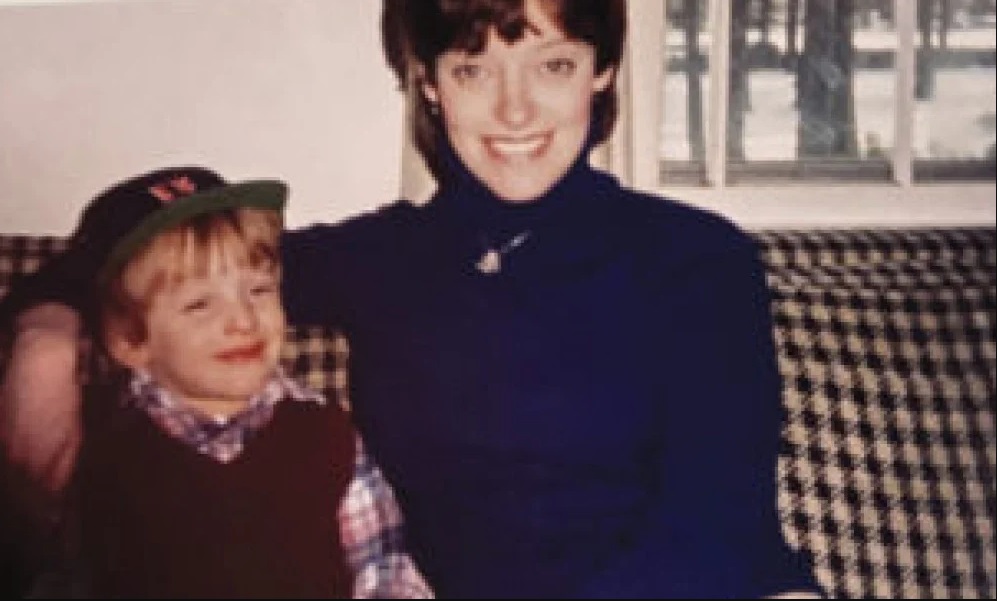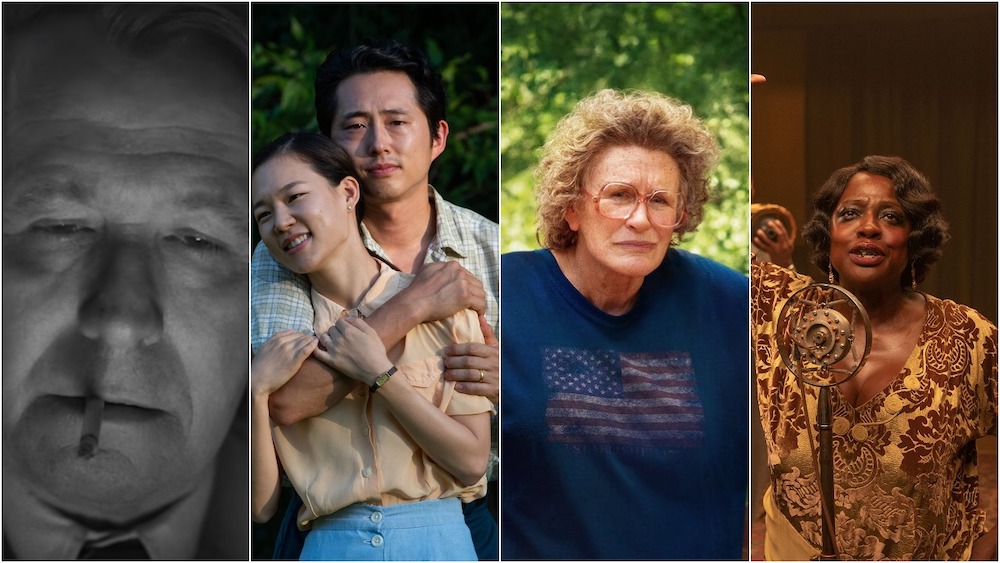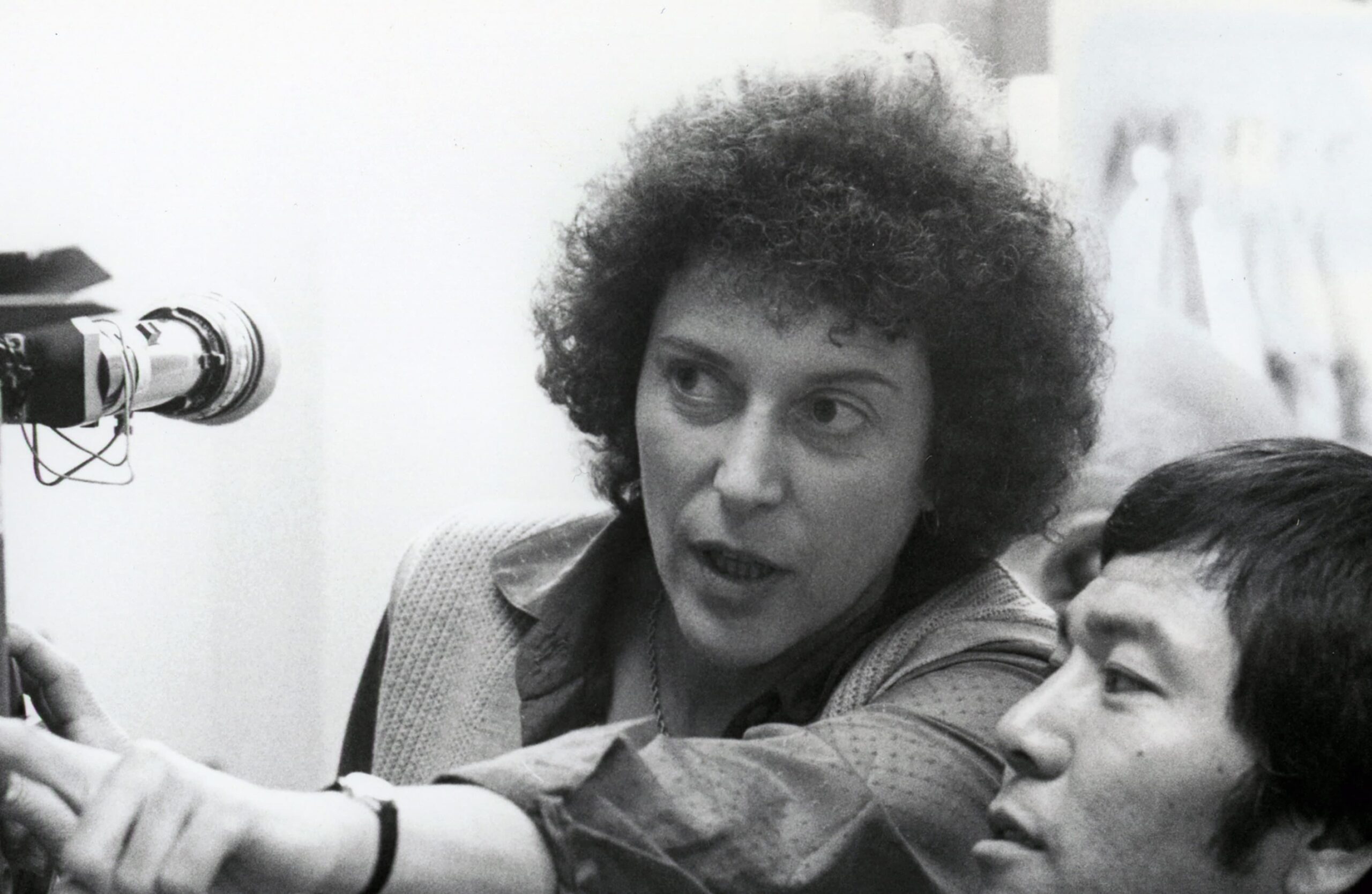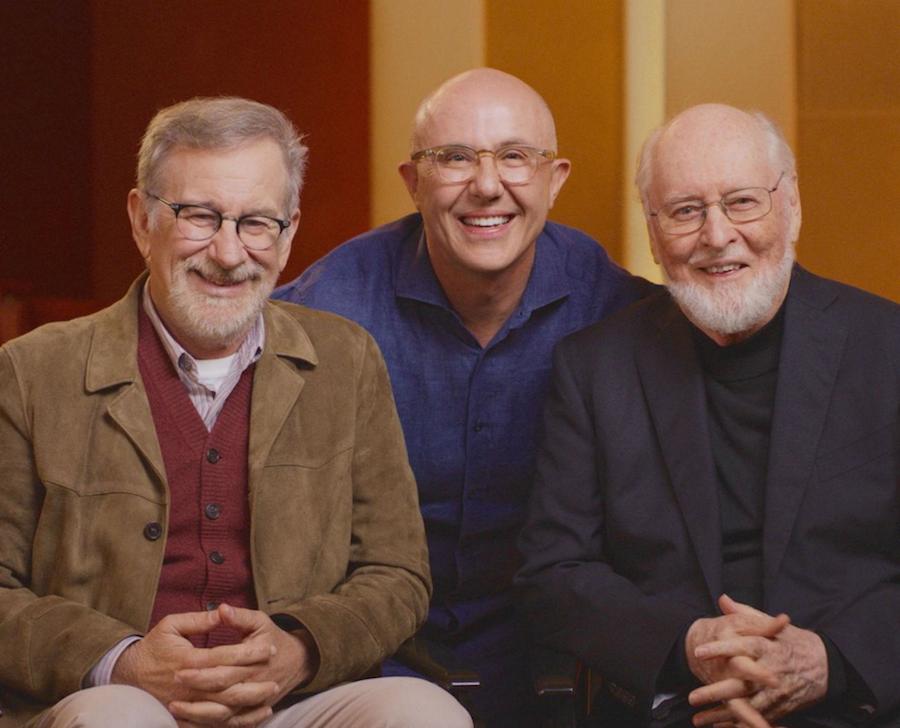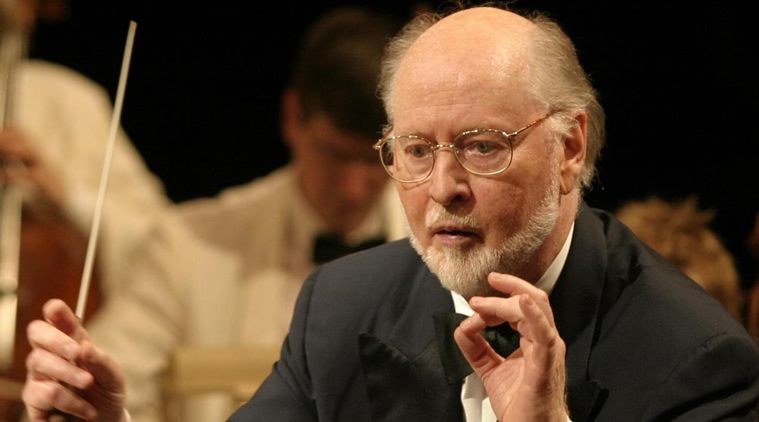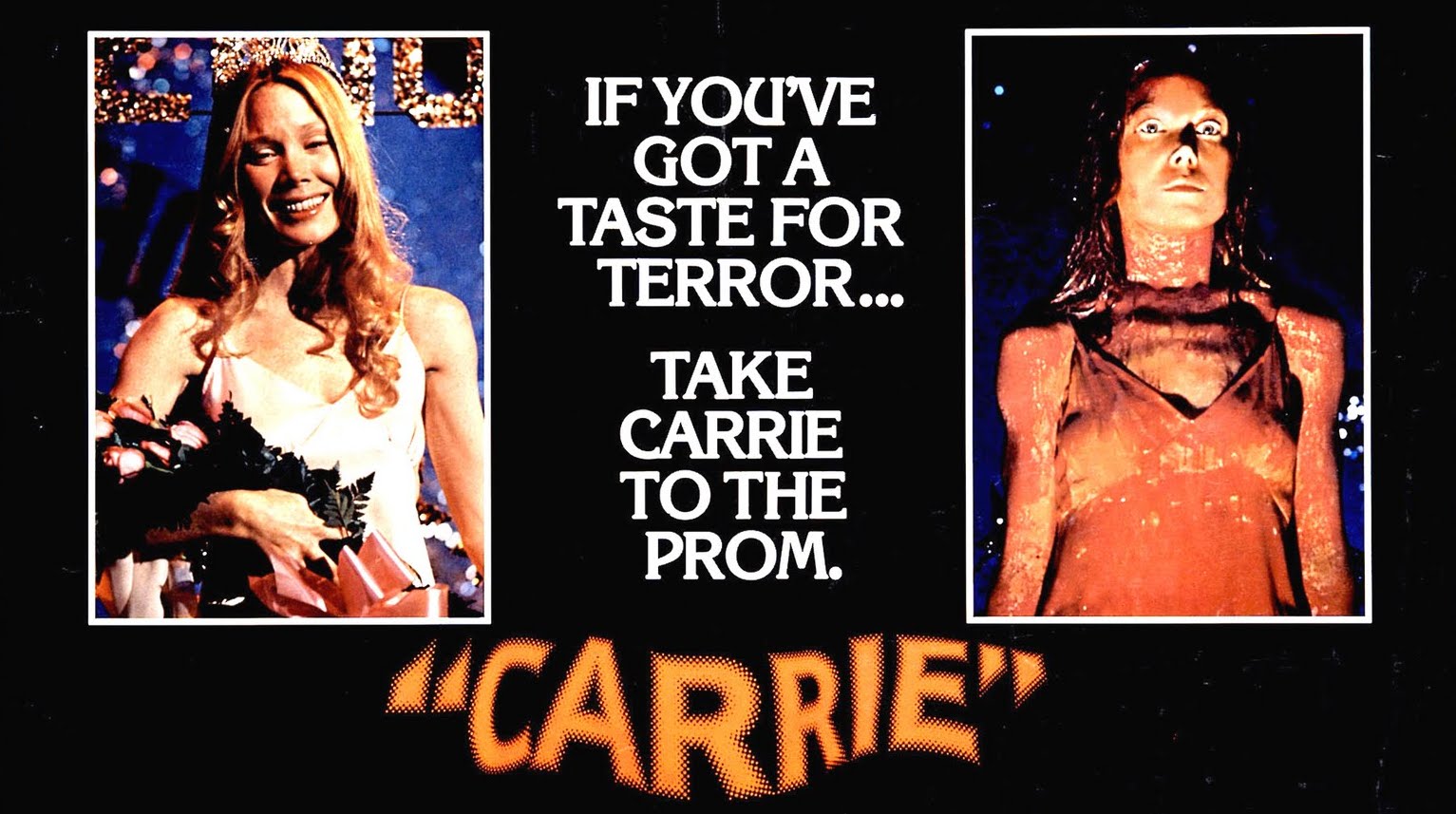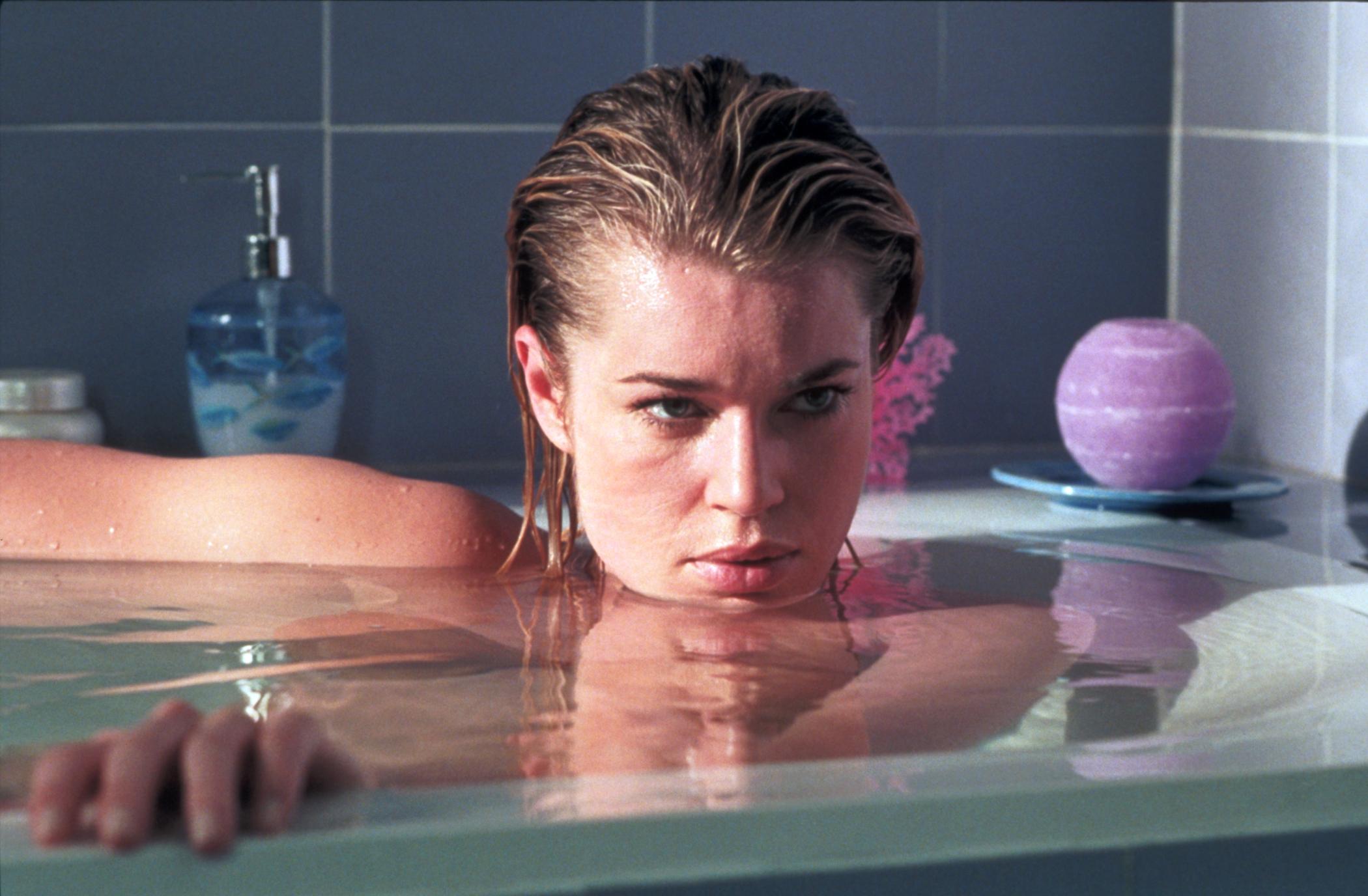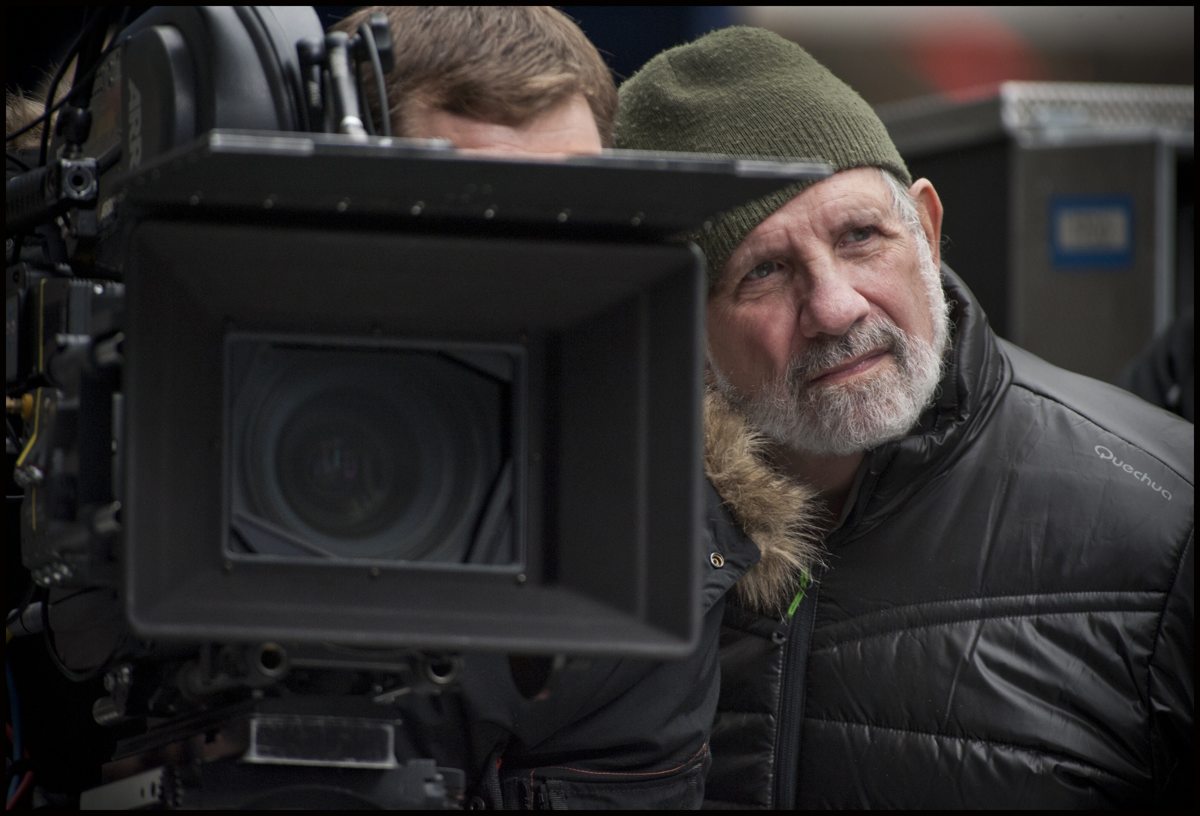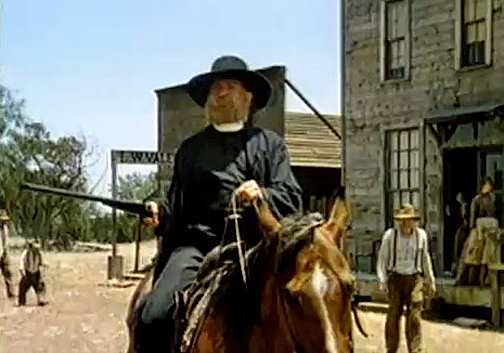Blog Posts That Mention Amy Irving
Sex, Love and Pickles: Amy Irving, Peter Riegert and Susan Sandler on “Crossing Delancey”
Marya E. Gates
Happiness is being on the road again
Roger Ebert
De Palmania!
Jim Emerson
Women Writers Week 2025: Table of Contents
The Editors
February 2025 Blu-Ray Guide: “Wicked,” “Nosferatu,” “Here,” “Heretic,” More
Brian Tallerico
Bright Wall/Dark Room June 2023: Yentl and the Three-Quarter Profile by S. Brook Corfman
The Editors
Highlights of the 2023 TCM Film Festival
Laura Emerick
My Mother’s Stories: Michael Koresky on Films of Endearment
Sheila O'Malley
David Fincher’s Mank Leads 93rd Oscar Nominees with 10
Susan Wloszczyna
Beyond the Lines: Joan Micklin Silver, 1935-2020
Matt Zoller Seitz
Celebrating the Artifice: Laurent Bouzereau on Spielberg, Hitchcock, De Palma and More
Matt Fagerholm
2018 Winter Movie Preview: 25 Films We’re Excited About
Nick Allen
A Composer For All Seasons: On the Range of John Williams
Charlie Brigden
If Only They Knew She Had the Power: Brian De Palma’s “Carrie” Turns 40
Peter Sobczynski
Book Excerpt: Psycho-Sexual: Male Desire in Hitchcock, De Palma, Scorsese, and Friedkin by David Greven
The Editors
Brian De Palma’s Films, Ranked
Peter Sobczynski
Opening Shots: ‘Greetings’
Jim Emerson
Tracing the image #2: The rebirth of ‘The Descent’
Jim Emerson
Can a movie ruin a good review?
Jim Emerson
Melanie Griffith puts heart into `Stormy Monday’
Roger Ebert
Happiness is being on the road again
Roger Ebert
Popular Reviews

The best movie reviews, in your inbox




